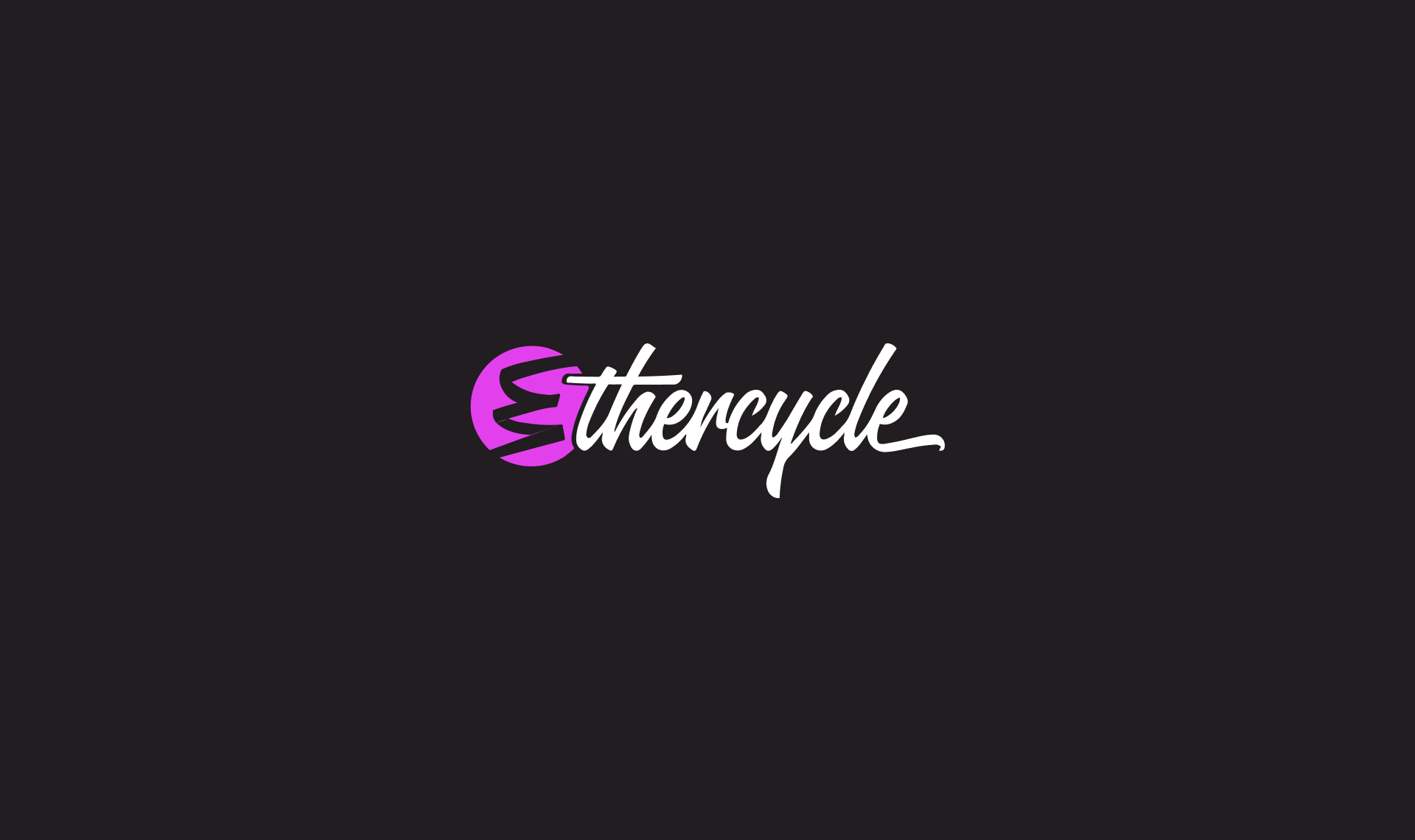
News broke on Tuesday that Facebook was buying Oculus Rift for $2 billion, and rest assured people were on the Internet within minutes registering their disgust throughout the world. From snarky tweets about how the product was going to be turned into a Farmville simulator to (the always calm and logical) Redditors spamming every possible news article talking about how "betrayed" they felt and how they were cancelling their hardware orders (because the already built hardware was no longer going to be fun or something?). The creator of Minecraft even threw a tantrum stating that he was cancelling the game's Oculus Rift port because the Evil Zuckerberg something something.

Let's be honest, what's really happening here is that the indie "cool" geek kids saw Oculus Rift as one of their own - this is was what was sold to them as part of the Kickstarter (and is an element of pretty much every Kickstarter) - and the Dark Lord Zuckerberg is definitely not "indie" or "cool", so now it must be "ruined." Quick, nobody tell them that Oculus had raised over $90 million in VC money, and had added notorious investor Marc Andreessen to their board. Damn, I wish I could get that indie.
What possible reason would a social network want to buy a gaming VR headset? Certainly it must be something nefarious! I don't know, why would a computer company make a music player? Why would a search engine buy a video uploading site? Why would a search engine make smartphones? Why would a search engine make an online maps service? The answer is to make things better than they previously were and to grow your company (and yes, make money in the process).
Let's look at what actually happened. The graveyard of dead virtual reality hardware is a large one indeed. VR headsets could never escape the pigeonhole of being an extremely niche gaming product, and thus couldn't get an install base big enough to lower costs and advance the technology. Facebook is the king of having a big install base, and now they've made a bet that VR is ready to be embraced by the masses. If you truly cared about VR adoption and support for VR products, having Facebook throwing it's billions around the concept seems like it should be a good thing, no? Could mean that other companies might become interested in the potential too?
Reserve the right to be pissed when Facebook does something stupid with Oculus (I'm sure they will at some point), but until then, maybe be excited a little bit? The thing you're supposedly really into just got a boatload of cash and support and is now seen as a technology that might be ready for prime time. That is, unless the only thing you truly cared about was pretending you were special and cooler than everybody else.


